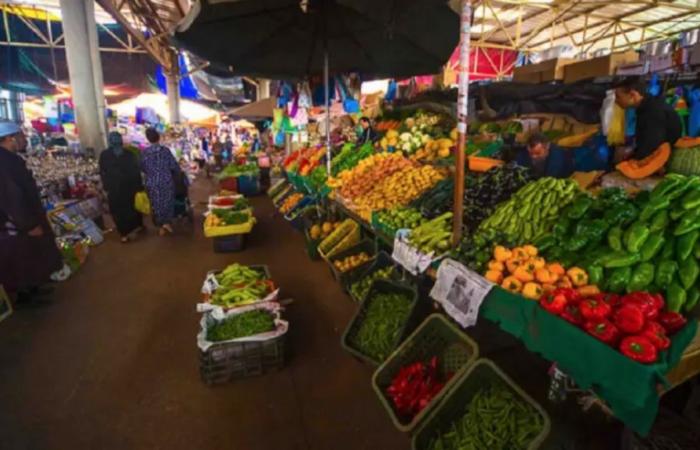Although the Minister of Agriculture highlights the government’s efforts, the reality for many Moroccans tells a different story.
The Moroccan Minister of Agriculture, Ahmed Bouari, faced questions from deputies during a parliamentary session this Monday. At the heart of the debates, the growing gap between the prices practiced in agricultural production areas and those displayed on local markets. A problem which, as Ramadan approaches, exacerbates the concerns of households already under pressure.
Bouari announced the imminent holding of a tripartite meeting bringing together his ministry, that of the Interior, as well as that of Industry and Commerce. The objective? Find concrete solutions to this alarming disparity. He took the example of tomatoes, sold at only 2 dirhams per kilo on farms, but reaching up to 6 dirhams on market stalls. This phenomenon, according to the minister, reflects a deep dysfunction in the distribution chain.
The session was marked by virulent interventions from several deputies, denouncing the direct consequences of rising prices on Moroccan households. “You have buried the poorest Moroccans with these prices. Have some respect for their intelligence. Shame on you! » fumed a parliamentarian, visibly exasperated by the situation.
Elected officials particularly insisted on the exorbitant prices of certain basic products. Red meat, now inaccessible for a large part of the population, exceeds 120 dirhams ($12) per kilo. Poultry, considered a more affordable alternative, ranges between 25 and 30 dirhams ($2.50 to $3). Even fish, once the mainstay of the Moroccan diet, is seeing its prices rise worryingly.
A structural problem, according to the government
Faced with these criticisms, Ahmed Bouari wanted to clarify certain points. According to him, the rise in poultry prices is not due to a shortage, but to increased demand from Moroccans, forced to abandon red meat which has become unaffordable. However, the minister insisted that his main role is to ensure regular agricultural production to meet the country’s needs, and not to directly control price fluctuations.
-However, Bouari did not come empty-handed. He outlined measures taken by the government to alleviate the crisis, including support for agricultural inputs and the conclusion of trade agreements with 45 countries. These initiatives aim to stabilize markets and facilitate imports of food products.
Despite these efforts, the situation on the ground remains critical. Soaring prices, combined with the devastating effects of a persistent drought, are pushing many Moroccans over the edge. Local markets, which should be accessible to all, are increasingly becoming places of frustration and helplessness for consumers.
While the government promises solutions and debates in Parliament multiply, the gap between official announcements and daily reality remains yawning. This food crisis highlights deep structural problems in the management of the distribution chain and market supply.
Moroccans are waiting for concrete answers, beyond ministerial meetings. But for many, doubt persists: will the promised measures arrive in time to relieve the hardest hit households?
MK/te/APA






